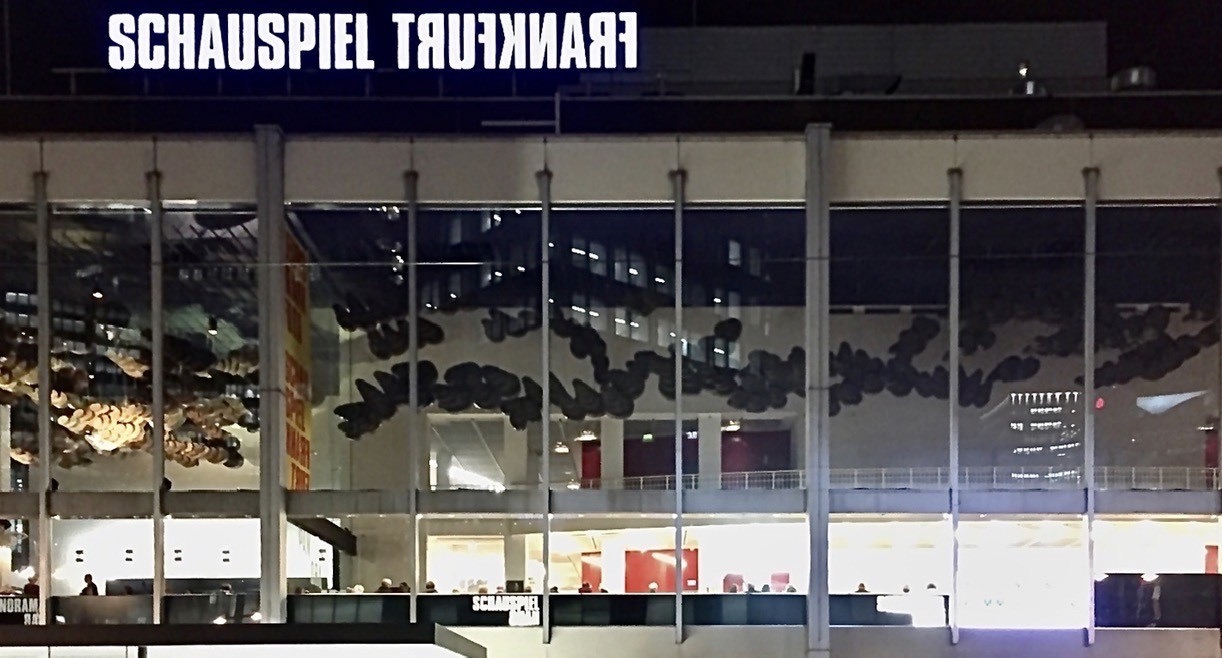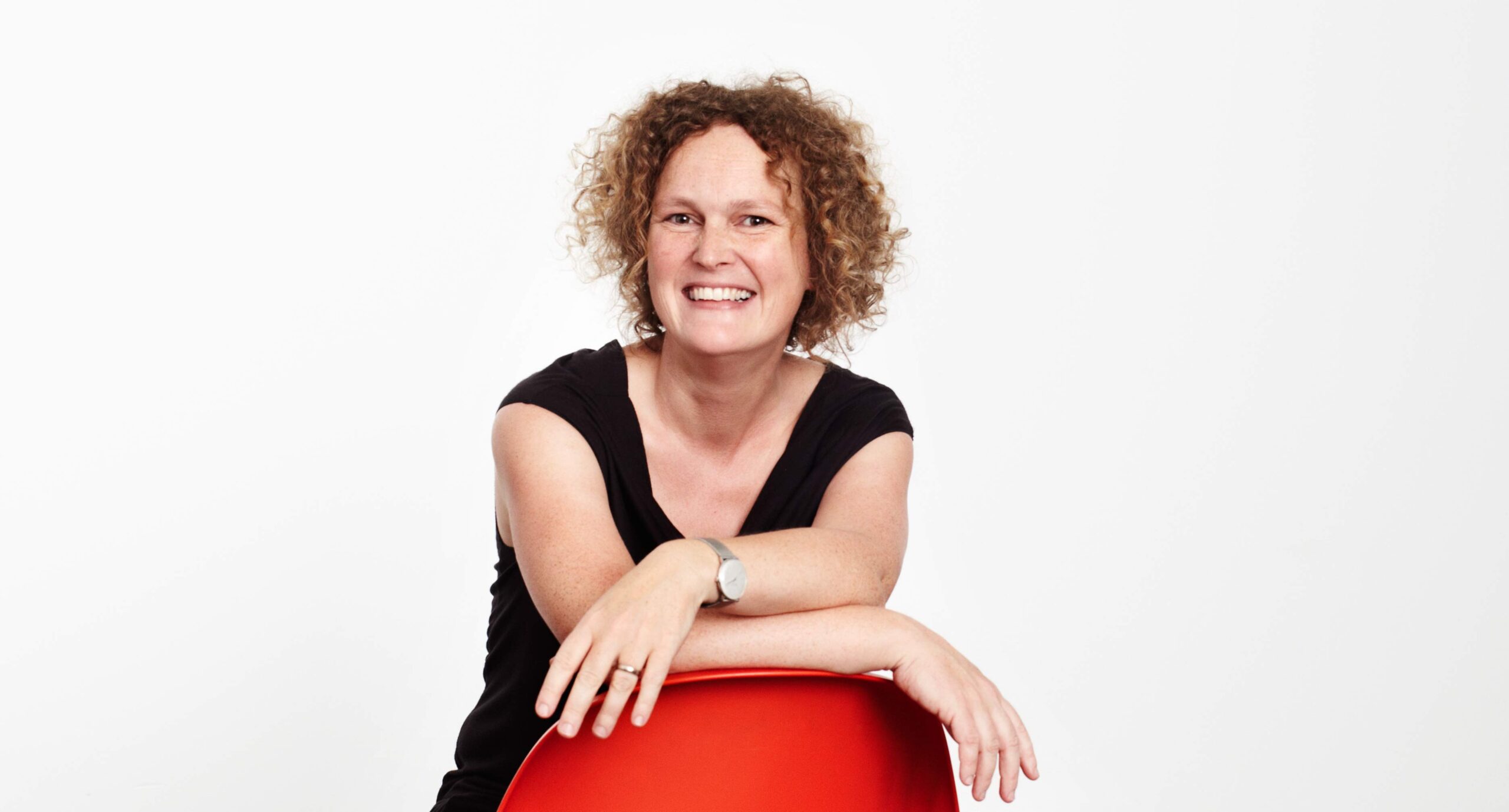The Future of Frankfurt’s Municipal Theatres


Under the title “Cultural icons – carry on building?” a discussion took place at the Evangelische Akademie Frankfurt on Monday, 23 November. Following an introductory lecture by architect Prof. Claus Anderhalten, Astrid Wuttke discussed with Jan Schneider, head of Frankfurt’s building department, and Prof. Maren Harnack, co-founder of the initiative ‘Zukunft Städtische Bühnen Frankfurt’ (The future of Frankfurt’s municipal theatres). Anna Scheuermann moderated the discussion.
Astrid Wuttke participated in the work of the validation team, looking at the future of these two theatres. In 2019 the City of Frankfurt commissioned the team, under the leadership of schneider+schumacher, to accompany the process and to critically evaluate the revised 2017 feasibility study.
Astrid, could you briefly summarise the outcome of the validation report?
The numerical data compiled in the course of the planning study serves to aid well-founded decision-making, but does not pre-empt those decisions. The data in itself does not preclude redevelopment. Ultimately it is a political decision: for or against the location at Willy-Brandt-Platz; for or against a joint facility there, or separate venues at other locations; and it is a decision about how Frankfurt wants to deal with its architectural and cultural heritage. It should be noted that the 2019 study did not take into account the historic/cultural building aspects of parts of the building complex, in particular the golden cloud foyer (Goldwolkenfoyer).
Why was this?
At the time of the study, we did not have any clear information as to whether, and if so which, parts of the building complex had been listed since, at that time, there was no current entry for it in the list of historic monuments. The State Office for the Preservation of Historic Monuments had already drawn up their report, but this was not published until spring 2020.
The decision in January to demolish the building was based on the premise that renovation was not an economically viable option.
According to the city of Frankfurt, when evaluating a building’s economic viability, non-monetary aspects may only account for a maximum of 30% of the whole. In our case this meant that, in the final evaluation, economic aspects accounted for 70%. This then left 25% for social/functional aspects, and only 5% for ecological aspects. In assessing sustainable alternatives, economic value should in fact be considered on an equal footing with ecological and social/functional aspects. This would then produce a completely different picture regarding issues of location, or grey energy. So far, there has been no discussion about which evaluation matrix is the most appropriate to apply for a theatre project of these dimensions.
Are there any other aspects that you consider have been given too little consideration so far?
The aspect of building continuity. Building continuity means far more than just preserving the existing building. It means tackling the historic building respectfully and at the same time courageously, recognising its potential and from this, developing skilful solutions that are individual, distinctive and independent, and in which assumed deficits become qualities. This requires just as much competence and creativity as any new-build project. Frankfurt 2030 can be more innovative than by simply creating a new ‘spectacular’ building on the outskirts of the city which, by the time it is built, will already be out-dated.
Thank you very much.
The background:
Frankfurt city council took a decision in January 2020 to demolish the double theatre complex, built in 1963, with its unique cloud foyer design – the so-called ‘Wolkenfoyer’ and it looked as if this decision was indisputable. But parts of these municipal theatres have now been listed as a historical monument, and with regards to a new-build project, there is no agreement so far on a suitable alternative location.
The event was organised by several institutions in the context of the initiative ‘The Future of Frankfurt’s Municipal Theatres’: Goethe University Frankfurt; Frankfurt University of Applied Sciences in cooperation with Arch+ Association for the Promotion of Architectural and Urban Discourse; and the Frankfurt and Offenbach Protestant City Deanery.

